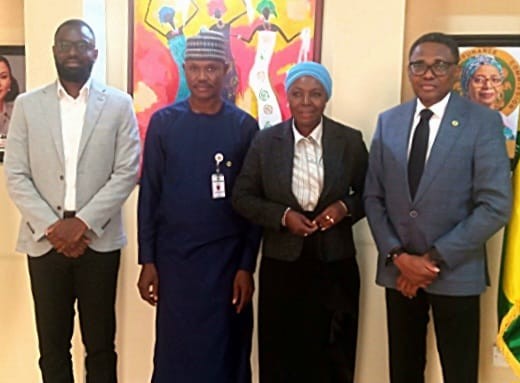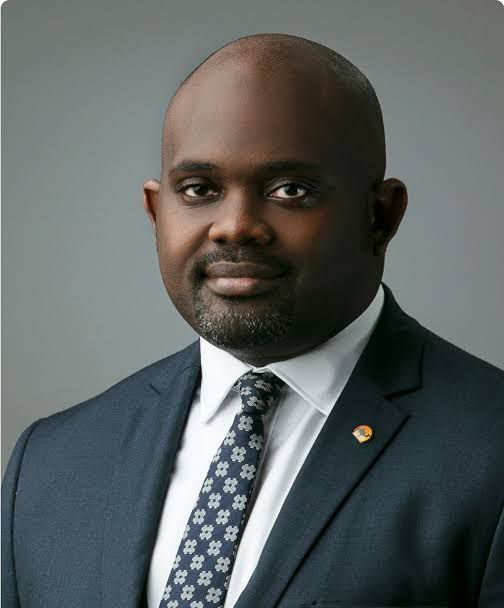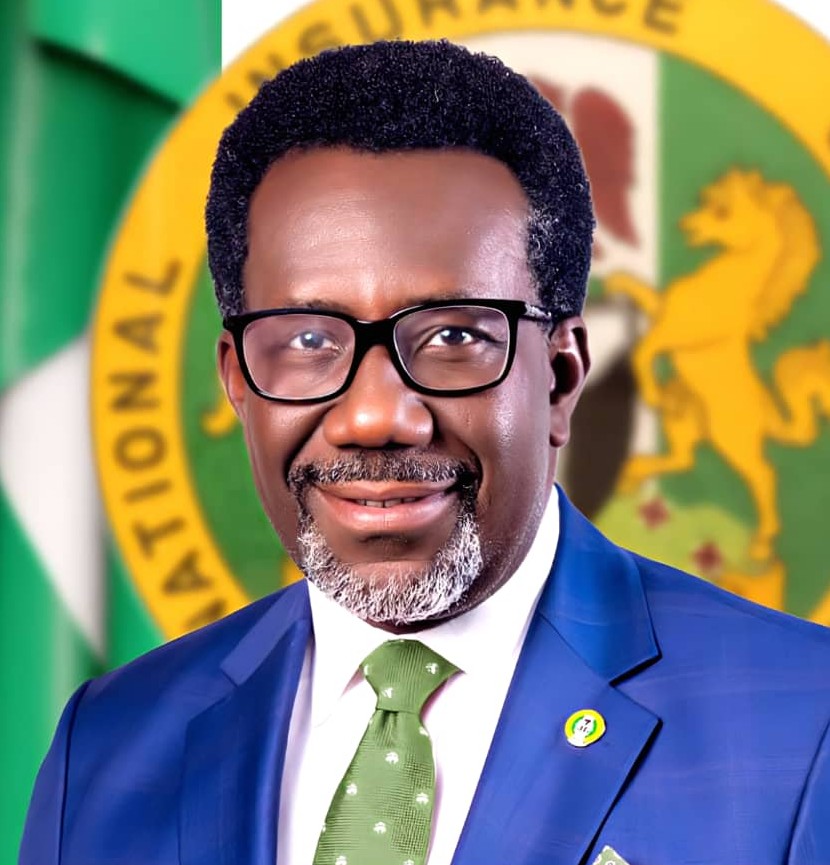The Senate has asked the President Muhammadu Buhari to direct the Federal Ministry of Labour and Productivity to set up a Committee to review the age limit for job seekers in the country to allow competent applicants to be employed by the ministries, departments, and agencies of government.
The resolution, passed on Wednesday, followed the consideration of a motion by Senator Ibrahim Gobir.
Gobir cited order 42 and 52 of the Senate Standing Rules, and noted that recruitment requirements of MDAs and other private bodies which set age barriers, “inadvertently excludes and marginalises skillful and competent prospective applicants from participating in such exercises”.
He said, “Due to the high unemployment rate in the country, many graduates spend up to 10 years seeking employment and this puts them in a disadvantaged position by no fault of their own.
“Many individuals resort to falsifying their age all in a bid to fall within the required age limit for them to be gainfully employed.
“This development, where a person believes he is unemployable, can lead them to embracing criminal activities and further increase the growing crime rate and insecurity in the country.”
In his contribution, Senator Bala Ibn Na’Allah drew the attention of the upper chamber to the Federal Government’s embargo on employment over 13 years ago.
He said the embargo period must be factored into the review of age limit by the Ministry of Labour and Productivity for prospective job seekers in the country.
He said, “I think the motion is apt and timely. The major basis for the Senate to proceed on that request lies in the fact that, as an institution, we must take notice that the federal government on its own placed embargo on employment for over thirteen years now.
“The period that there have been embargo by the federal government in itself should be considered in the review of age limit.
“For example, if the age limit is 23, we must now add the 13 or 14 years of embargo on employment to the age already earmarked for employment, so that the age will be plus thirteen because it is the government on its own that placed the embargo on employment.
“There cannot be justification for you to place embargo on employment, then at the same time expect graduates to remain at the age they were during the period of the embargo.
“I think in the review, that has to be taken into account, and therefore, the age limit can now be raised in addition to the established age. That should be the legal verdict for the review,” Na’Allah said.
The Senate President, Ahmad Lawan, condemned the discrimination against job seekers as a result of the barrier imposed by the prescribed age limit.
“It is not through a fault of theirs that people are discriminated against. They’ll tell you only 30 years limit, meanwhile, someone graduated ten years ago. This is a very good motion,” he said urging the Ministry of Labour and Productivity to swing into action immediately.




